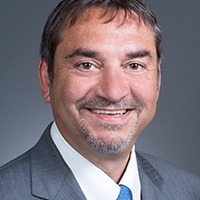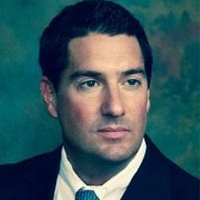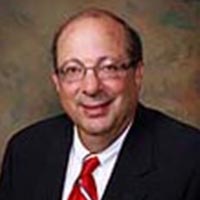New Haven County, CT Criminal Lawyers
Sponsored Law Firm
-
 x
x

Click For More Info:
-
Law Office Of Jason C. Goddard, LLC
363 Main Street 4th Floor Hartford, CT 06106» view mapCriminal Defense Law Working Relentlessly For You
Attorney Jason C. Goddard is an experienced criminal defense lawyer who has handles serious criminal cases in Connecticut, New York and CT District Court.
800-739-1160
James William Cummings
✓ VERIFIEDAt your side, on your side, every step of the way Respected personal, family, business and general practice lawyer James W. Cummings stands by his ... (more)
Scott Leventhal
✓ VERIFIEDRepresenting the accused and the injured since 1957. We understand that sometimes good people make mistakes. The story of the LoRicco family and t... (more)
Herbert Ira Mendelsohn
✓ VERIFIEDHerbert Mendelsohn is a personal injury lawyer proudly serving clients in New Haven, Connecticut and the neighboring communities.
Daniel A. Esposito
✓ VERIFIEDDaniel is a decorated police officer who spent 9 years in law enforcement, where he received an academic award of excellence from the Milford Police A... (more)
Edward J. McManus
FREE CONSULTATION
CONTACTFREE CONSULTATION
CONTACT Jason Goddard Hartford, CT
Jason Goddard Hartford, CT AboutLaw Office Of Jason C. Goddard, LLC
AboutLaw Office Of Jason C. Goddard, LLC Practice AreasExpertise
Practice AreasExpertise




